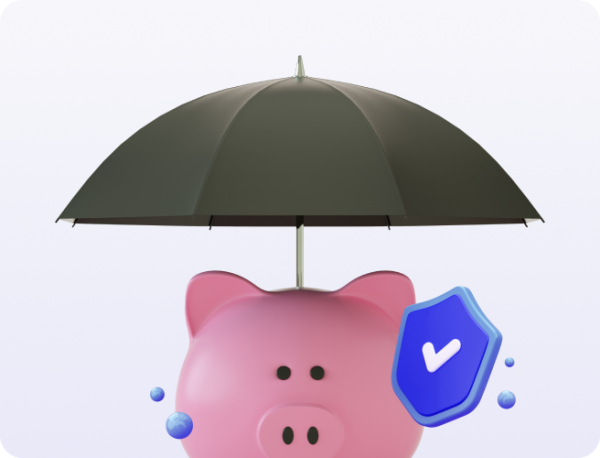Sep 07th, 2023
What You Need To Know To Maintain A Good Credit History

One of the biggest factors influencing your loan approval is your credit score. Having a favourable score can attract lower interest rates on credit cards and loans. A poor score can leave you with loan being declined.
From car financing to home loans, applying for credit is an unavoidable part of life. To increase your chances of putting your most promising financial foot forward to potential lenders, here is what you need to know:
What Is A Credit Score?
A credit score is a way for lenders to predict how likely you are to pay back a loan on time. They are used as a decision-making tool to approve or deny your application, and on what terms (for example, the interest rate).
The key factors contributing to your score calculation include:
- Payment History: How are you at making payments on time?
- Credit Utilisation & Level of Debt: How much credit are you using with what you have access to?
- Length of Credit History: What is the average length of time your accounts have been open for?
- New Accounts or Applications: How many applications for credit have you made in recent times?
- Credit Mix: What range of credit accounts do you have? (For example, short term loan, mortgage, car loan etc)
These factors are processed and they produce a score. Depending on which of the four credit reporting agencies you use, your credit score will be a number between 0 and up to 1200. This number reflects a five-point scale:
- Excellent: It is highly unlikely you will have adverse events harming your credit score in the next 12 months.
- Very Good: It is unlikely to have an adverse event in the next 12 months.
- Good: It is less likely you will experience an adverse event on your credit report in the next year.
- Average: It is likely you will experience an adverse event in the next year.
- Below Average: It is more likely you will have an adverse event being listed on your credit report in the next year.
How you rate (your credit score) then informs lenders of how likely you are to repay your loan. Taking that into consideration, here are some habits to immediately adopt to maintain a good credit history:
Your payment history makes up more than a third of your credit score. While some bills aren’t reported to credit bureaus for on-time payment, should you fall behind, they can appear on your credit report or sent to a collection agency.
With credit reporting agencies recently bringing in Comprehensive Credit Reporting, lenders and banks are now required to report the last 24 months account history for all mortgages, loans and credit cards.
The most common reason people are penalised for late payments is that they simply forgot. These payments are often phone bills, credit cards, student loans and mortgage repayments.
If you find you tend to be disorganised with paying on time, consider setting up auto payments through your bank or credit card to safeguard against overdue bills.
When considering whether you want to take out a loan, it’s instinctual to shop around for options. Most people are unaware this can actually backfire and have a negative impact on your financial rating.
Part of the credit scoring factors in how recently and in what frequency you have applied for finance. To the finance industry, this can be regarded as “overshopping“ and you run the possibility of being misidentified as a higher risk. There are ways of getting around this, which is why we recommend consulting a finance broker when shopping for your best loan.
3. Check Your Credit Report Yearly
Your credit report is a document created by credit reporting agencies for lenders who want to assess your ability to repay a loan. It includes information about your credit history, collected from credit providers, courts and other organisations, including:
- Personal Details: Your name, date of birth, current and past addresses, employment and driver’s licence number.
- Credit Cards & Credit Liability: Information about the credit products you hold and have had in the past two years.
- Repayment History: This includes the dates of your payments, if they were paid, overdue and are now settled.
- Credit Applications & Report Requests: Any credit financing or credit reports you have applied for.
- Debt agreements – Any bankruptcies, court judgments, debt agreements or loans you have been a guarantor on.
As it is a rather exhaustive document, it is advisable that each year, you request your free annual copy of this report to ensure its accuracy. Errors are common and could also indicate identity theft. Should you find an incorrect listing, there are tips on the Australian Government website on how to address this.
As you can see, there are many different moving parts to getting a favourable credit score. As it is a fundamental player in deciding your risk level for repaying a loan, it is something to actively aim to improve.
If you need assistance getting a loan and may be up against bad finance credit, we might be able to help. Contact our professional finance brokers today on 1300 70 70 39.















